Tsai Ing-wen urges democratic unity to counter authoritarian threats at Berlin Freedom Conference
Former Taiwan president Tsai Ing-wen called for stronger democratic collaboration against rising authoritarianism, highlighting Taiwan’s defence reforms and cybersecurity advancements at the Berlin Freedom Conference.

At the inaugural Berlin Freedom Conference on 11 November 2025, former Taiwan president Tsai Ing-wen issued a strong appeal for deeper collaboration among democracies to counter rising threats from authoritarian regimes.
In her keynote speech, Tsai described the global threat posed by authoritarian tactics such as election interference, disinformation campaigns, and infrastructure disruption. She stressed that democracies, including Taiwan and Europe, face similar destabilising pressures and must evolve their strategies accordingly.
“The rules of engagement have changed, so our collective strategies must evolve with them,” Tsai said. “Making ourselves resilient in the face of authoritarian challenges is the key to our survival.”
According to Tsai, Taiwan’s experience offers valuable lessons. During her presidency from 2016 to 2024, Taiwan increased its defence budget by over 80 percent. She noted that her successor, President Lai Ching-te, has continued this trajectory, balancing investments in conventional defence systems with asymmetric warfare capabilities.
To bolster its national resilience, Taiwan has launched an All-out Defense Mobilization Agency to modernise its reserve training and implement whole-of-society defence readiness. Tsai said these efforts reflect both national security priorities and Taiwan’s commitment to the global democratic community.
Taiwan has also strengthened its digital infrastructure to withstand cyber threats and foreign disinformation. Its globally significant semiconductor industry, Tsai added, underpins not just economic security but also contributes to the stability of international supply chains.
“The efforts we have made are more than defending our homeland; they also represent Taiwan's contribution to regional stability and the security of democracy globally,” she said.
Calling for a united front among democracies, Tsai stressed that supporting Taiwan’s security serves as a broader deterrent against authoritarian expansion. “Taking a clear and united stance in support of Taiwan’s security is in itself a meaningful form of deterrence,” she stated.
The Berlin Freedom Conference, a central event of the newly launched Berlin Freedom Week, brought together civil society leaders, academics, and policymakers from around the world. It was organised by the Berlin city government, the Axel Springer Freedom Foundation, and the World Liberty Congress to commemorate the fall of the Berlin Wall and promote democratic values.
On the sidelines of the conference, Tsai met with Reinhard Butikofer, chair of the German-Taiwan Civil Forum and former head of the European Parliament Delegation for Relations with China. Their discussions touched on economic collaboration, civil society development, and joint advocacy for democratic governance.
Butikofer highlighted the strategic importance of Taiwan, particularly its role in the global semiconductor supply chain. He revealed that a potential investment project in Dresden was part of their talks. “It is meaningful for Taiwan’s former president to stand with us and celebrate the tradition of freedom,” Butikofer said, noting the growing public support for stronger Taiwan-Europe ties.
The presence of both Tsai and Taiwan’s Vice President Hsiao Bi-khim in Europe during the same week was described by Butikofer as previously “unimaginable,” reflecting what he sees as a major shift in European perceptions and policies towards Taiwan.
“European society’s perception of China is changing,” Butikofer said. While earlier concerns focused on human rights in Tibet and Xinjiang, European policymakers now increasingly see China as posing broader threats to institutional resilience and regional security.
This growing concern has led to stronger support for a partnership with Taiwan based on shared values such as democracy, transparency, and rule of law.
Tsai’s recent engagements form part of her broader post-presidency diplomatic campaign. Since stepping down in May 2024, she has visited multiple European countries, including France, the Czech Republic, Belgium, Lithuania, Denmark and the United Kingdom, with Germany now added to the list.
Ahead of her Berlin trip, Tsai reaffirmed Taiwan’s willingness to contribute to global democracy, saying, “As a trustworthy member of the international community, Taiwan will continue to stand with Europe and other like-minded countries.”
Her speech underscored the urgency of democratic cooperation in a changing global landscape. “Today, Taiwan stands at the forefront of the democratic defence line, but tomorrow, any country could face the same challenge,” she warned.
“Strengthening cooperation and enhancing defence should become a shared priority for all democratic nations,” she concluded. “Only in this way can we ensure that security and the democratic way of life are preserved for future generations.”


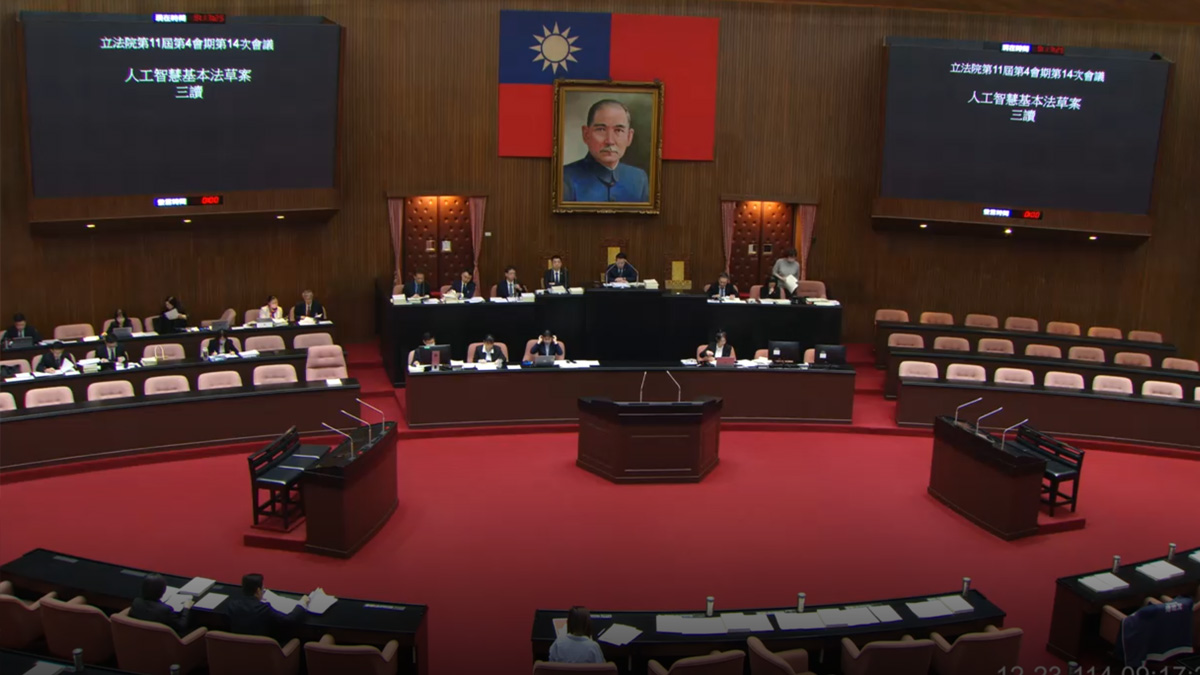
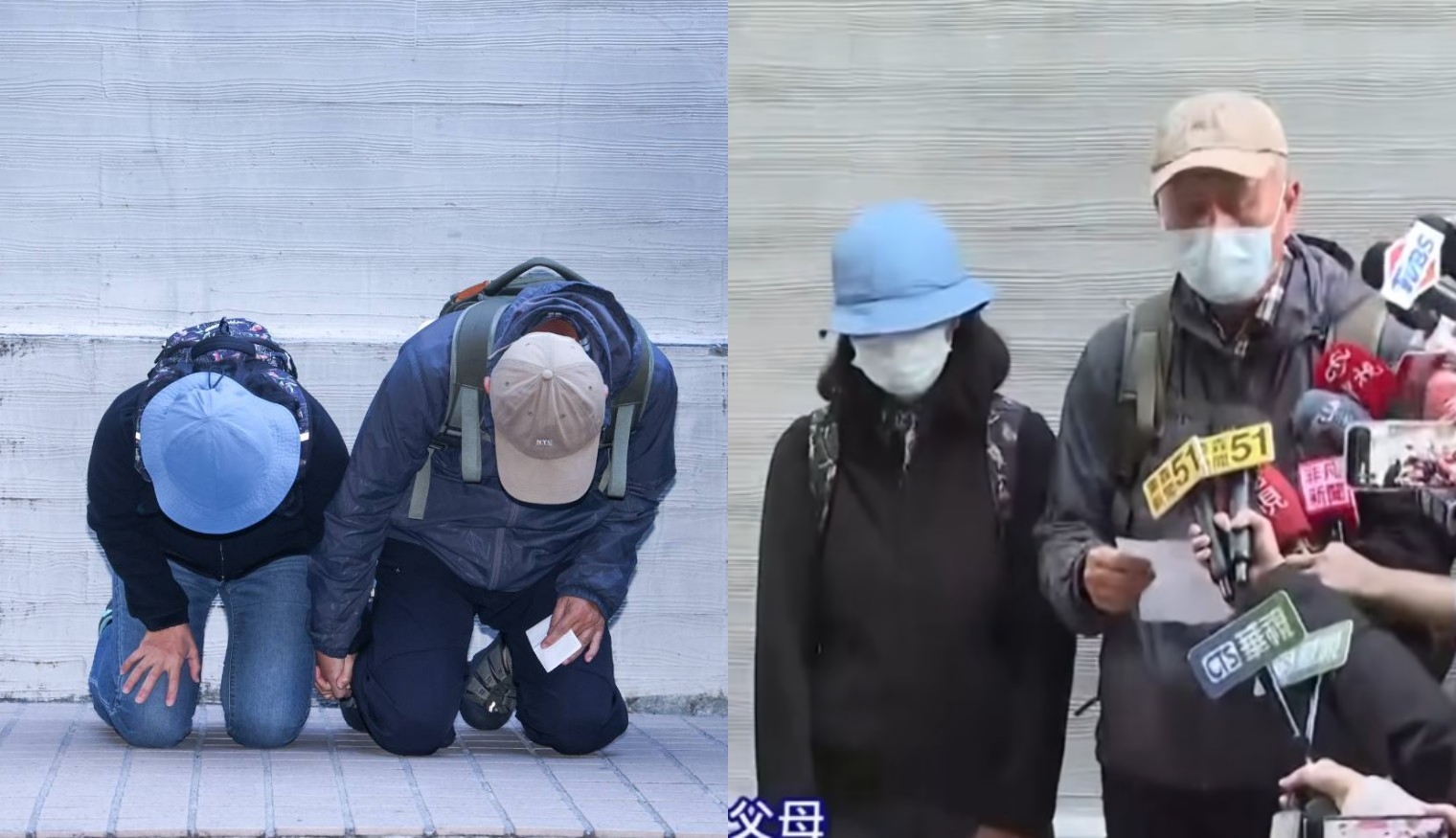
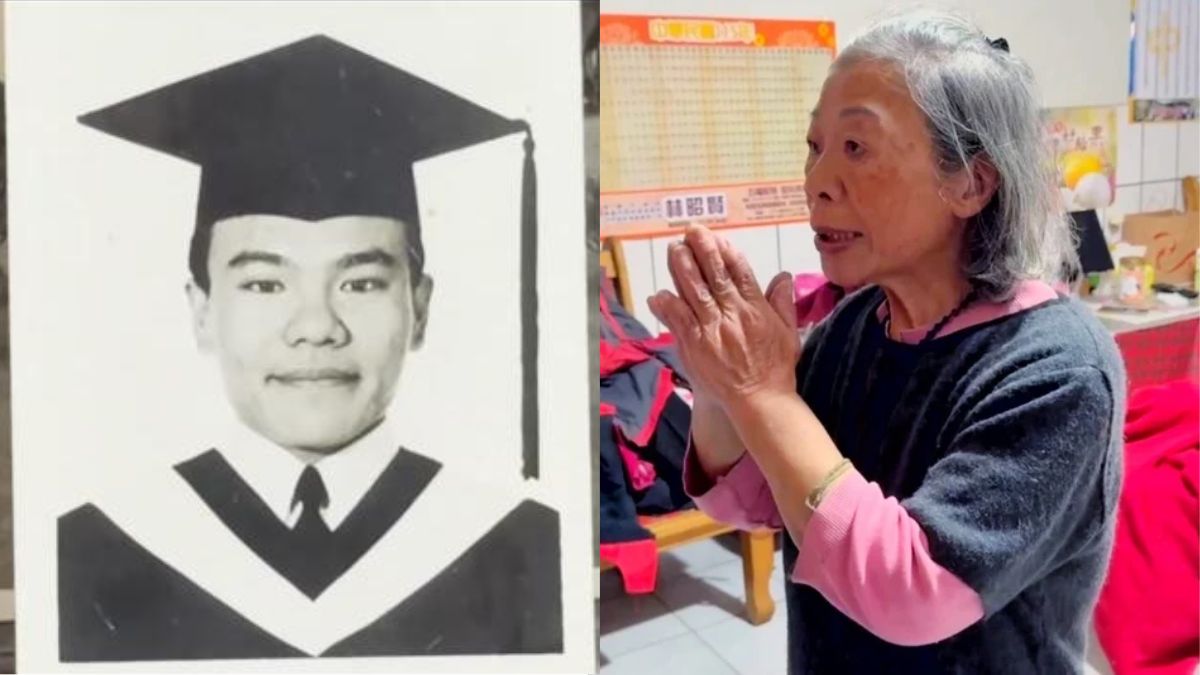
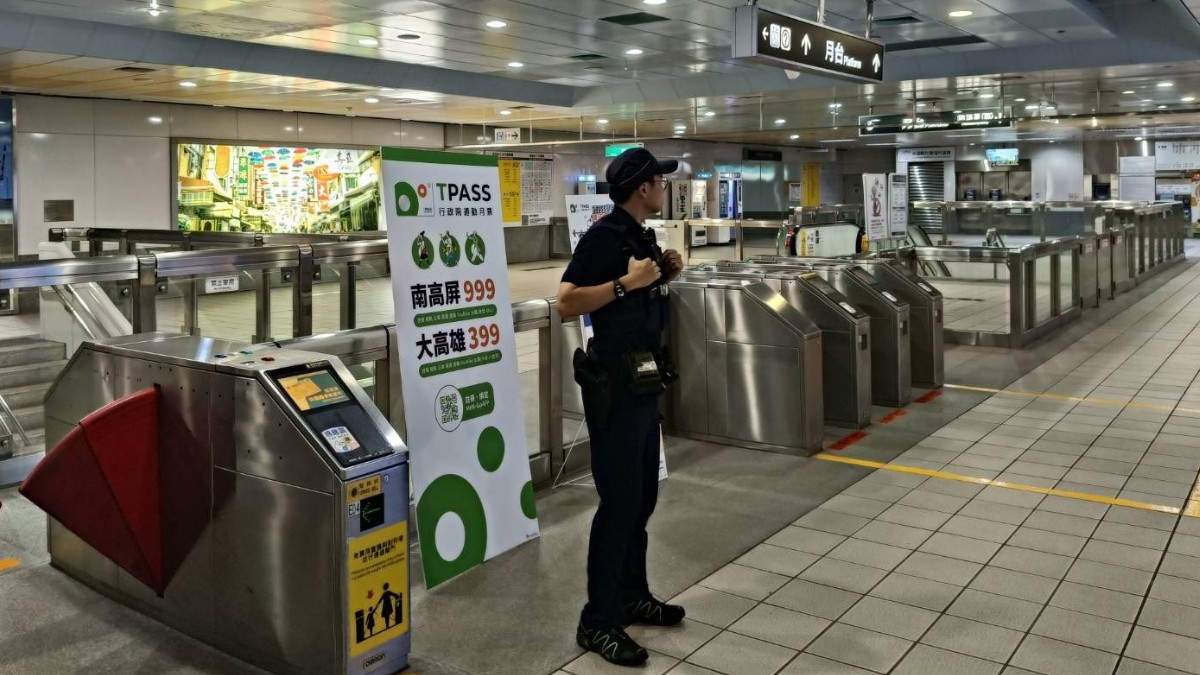
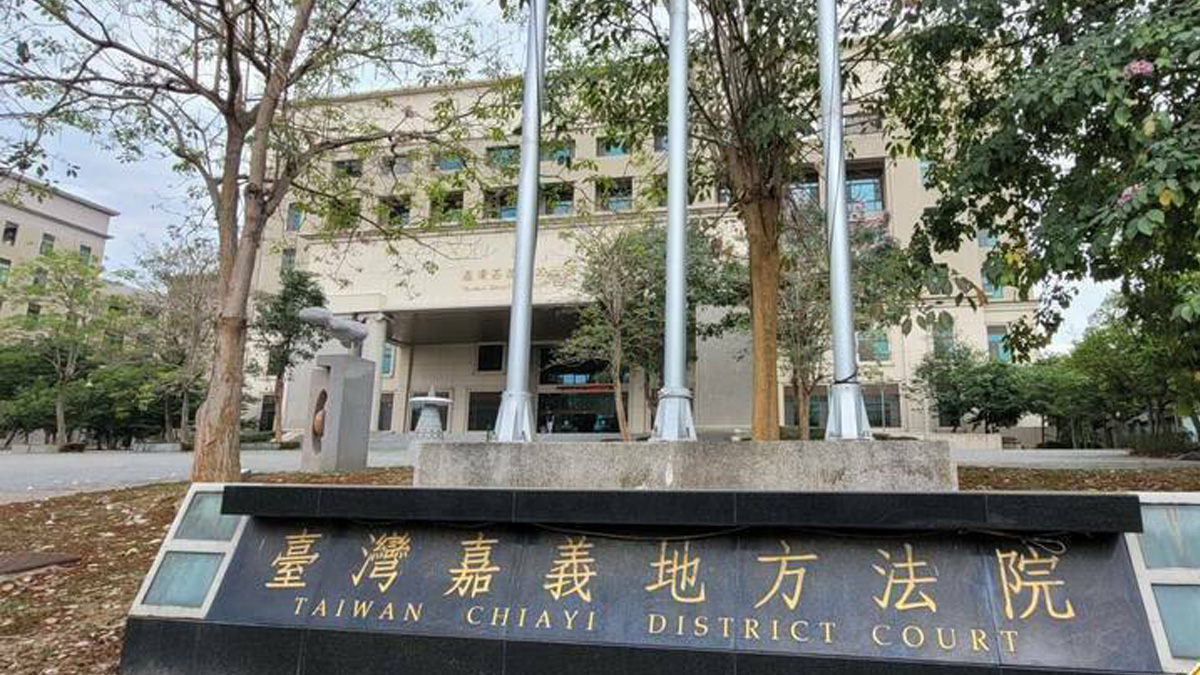

0 Comments